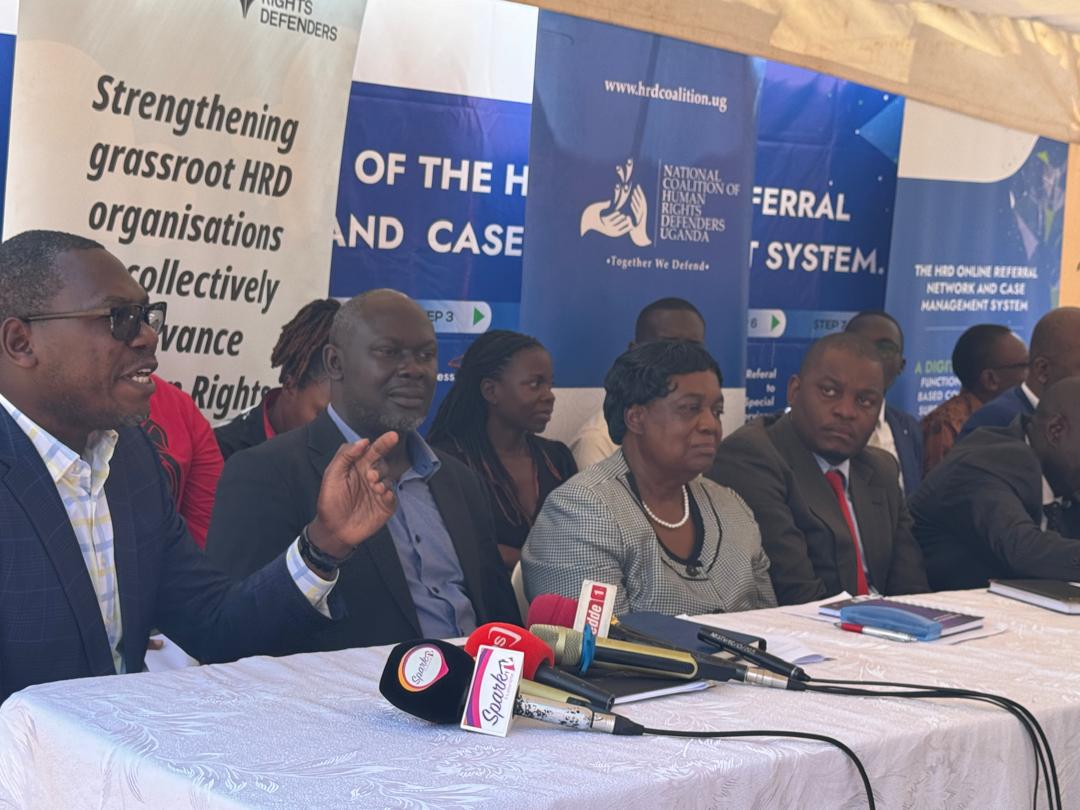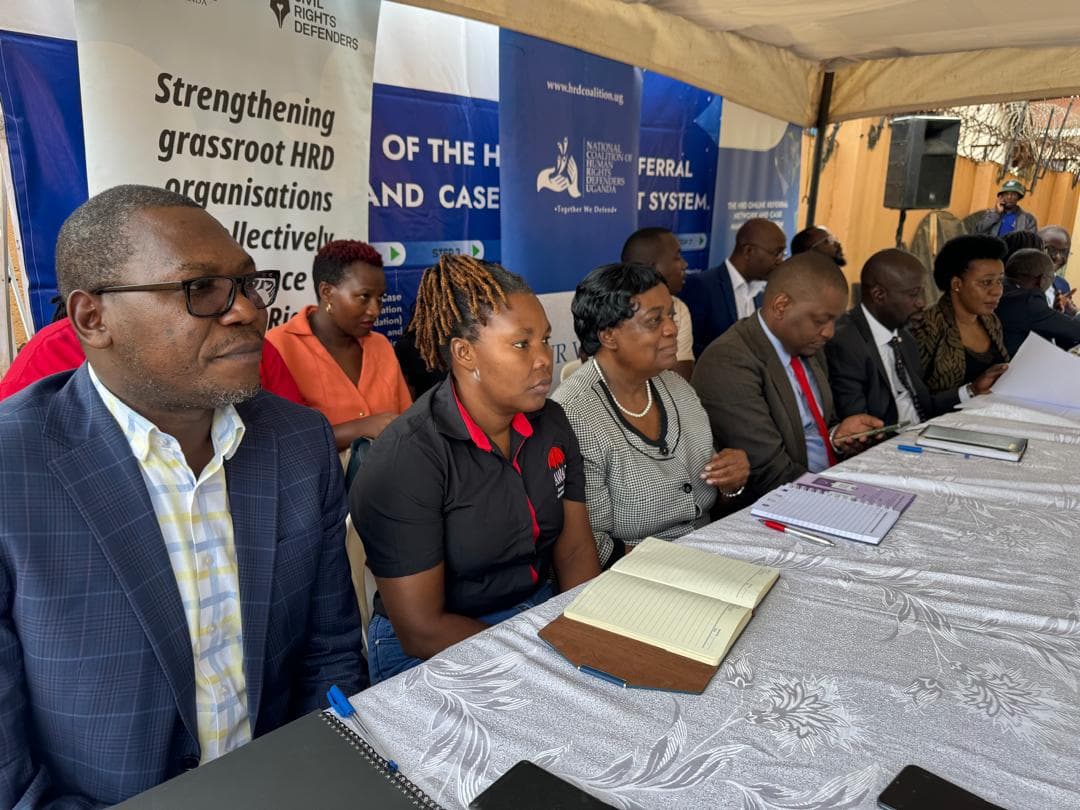The Parliament of Uganda recently passed the NGO (Amendment) Bill, 2024 which is anticipated to significantly disrupt the NGO sector.
The bill, which if passed into law, will transfer the oversight, monitoring, and regulation of NGOs and civil society organisations (CSOs) from the semi-autonomous National Bureau for NGOs (NGO Bureau) back to the Ministry of Internal Affairs.
This stems from Cabinet Minute No. 43 (CT 202l), through which the Government resolved to streamline government agencies, eliminate duplication, and curb administrative costs. However, the proposed rationalization has sparked concerns among civil society stakeholders, who fear it could undermine the sector's efficiency, development impact, and adherence to international obligations.
Scrutinising the Justifications
While the government's stated rationale for rationalization revolves around creating institutional harmony, eliminating functional overlaps, and curbing administrative costs, civil society stakeholders have cast doubt on these justifications.
Streamline or Setback
It has been argued that the dissolution of the Bureau, which was created under the NGO Act of 2016 with the aim of overseeing and regulating the increasing number of diverse NGOs, contradicts the stated objective of streamlining processes. Dissolving the Bureau now would be even more detrimental because there are currently 5,916 NGOs with ever-expanding visions and mandates.
Furthermore, the move to the Ministry of Internal Affairs as a department raises concerns about having to navigate many bureaucratic hierarchies Government ministries are known to have. This could potentially make administrative processes like permit applications and renewals even more difficult.
The Personnel and Cost-Saving Paradox
NGO actors have noted that the planned change would require creation of a new department within the ministry, thus hiring of personnel to effectively and efficiently monitor the sector. This includes not only administrative staff at the head office but also those providing guidance and oversight to District NGO Monitoring Committees, which are already struggling due to facilitation gaps. This reality challenges the cost-saving rationale and could potentially exacerbate resource constraints.
Additionally, there are concerns about the potential risk of non-compliance with FATF Recommendation 8 and a low ranking on Immediate Outcome 10, among other issues, which NGO leaders expressed during a press briefing on 20th May,2024.

Implications Beyond Regulatory Changes
It is important to consider the other significant ripple effects that the NGO (Amendment) Bill, 2024 may cause.
Resurgence of Strained Relationships
The possible breakdown of trust and resurgence of mistrust between the government and the NGO sector is a key concern. NGO actors and other pertinent stakeholders were not consulted during the regulatory review process, despite the law's significant impact on their operations, and this has been a point of contention that could potentially undermine the hard-earned rapport between the two entities.
Loss of Sector-Specific Expertise and Knowledge
The NGO Bureau has invested significantly in training, capacity building, and developing expertise tailored to the unique needs and qualities of the NGO sector. Its dissolution could potentially undo this progress, resulting in a loss of specialised knowledge and institutional memory.
Securitization of the Sector
Perhaps most concerning is the potential for increased over regulation of the NGO sector, which could further shrink civic space and restrict fundamental freedoms. The removal of a semi-autonomous regulatory agency prompts concerns regarding the sector's possible securitization impeding its efficiency.
Paving A Way Forward As nuances become apparent, it is clear that the NGO (Amendment) Bill, 2024 might not be the all-encompassing solution that legislators had in mind. Rather, a more workable course that prioritizes institutional efficiency, civil society preservation, and Uganda's national development should be reviewed.
